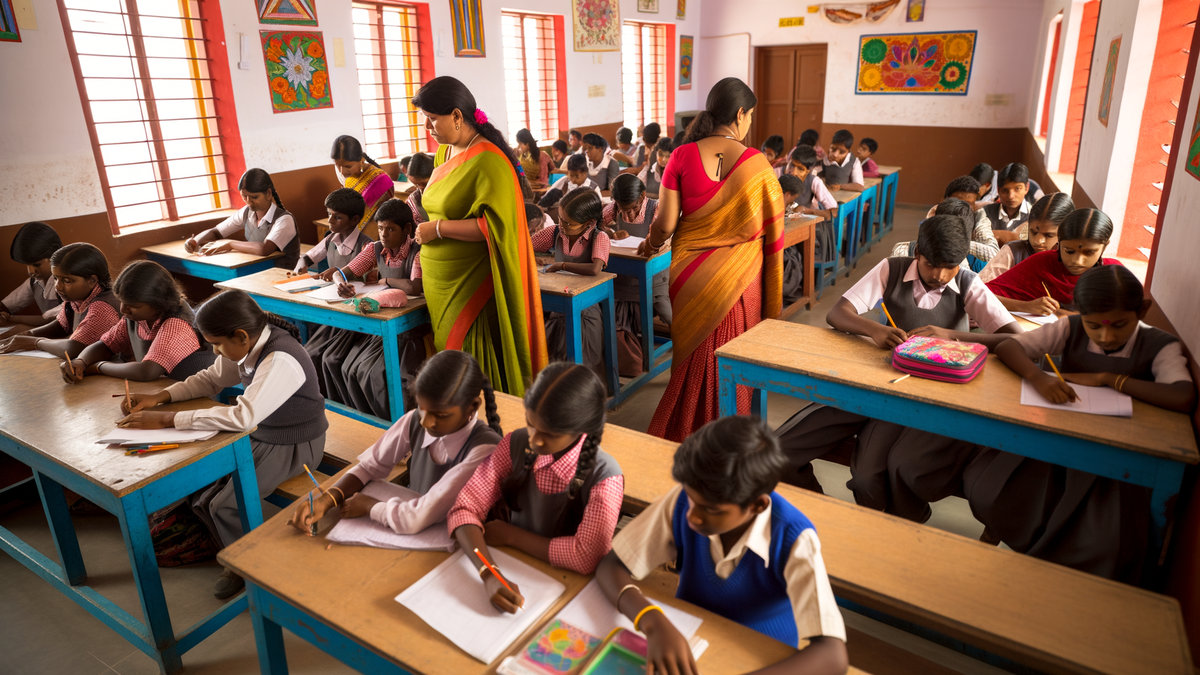
In a bold move that marks a departure from past resistance, the Karnataka government has announced plans to introduce sex education in the curriculum for students in Classes 8 to 12. This initiative stands in sharp contrast to the state’s previous stance on the matter and reflects a significant shift in the approach towards addressing adolescent health and awareness. Additionally, the program is set to incorporate moral education for younger students, indicating a holistic approach towards nurturing responsible and informed citizens.
Sex education in India has long been a contentious issue, mired in taboos and cultural sensitivity. Historically, attempts to introduce such education in schools have been met with stiff opposition from various quarters, including political, religious, and social organizations. Critics often argue that sex education contradicts Indian values and might lead to promiscuity among the youth. However, proponents highlight its critical role in informing adolescents about safe practices, consent, and reproductive health, thereby reducing rates of teenage pregnancies, sexually transmitted infections (STIs), and sexual abuse.
The decision by Karnataka comes at a time when India is witnessing a gradual but noticeable shift in societal attitudes towards sex and education. With increasing access to the internet and social media, young Indians are more exposed to information than ever before, not all of which is accurate or reliable. This move is seen as an essential step in providing young people with factual, age-appropriate information that can help them make informed decisions about their health and relationships.
“By embedding sex education within the broader curriculum for Classes 8 to 12, we aim to empower our youth with knowledge that is crucial for their well-being,” stated a Karnataka education department official. “It is also a stride towards eradicating myths and misconceptions related to sexual health that often lead to harmful consequences.”
For younger students, the integration of moral education aims to build a strong foundation of values and ethics from an early age. This component of the curriculum is expected to prepare students for more complex discussions about health and relationships that they will encounter in higher classes.
However, the initiative is not without its challenges. Implementing sex education in a culturally diverse and sensitive country like India requires careful consideration of language, cultural norms, and possible resistance from certain sections of society. The Karnataka government has indicated that it will undertake extensive consultations with educators, parents, and health experts to develop a curriculum that is respectful of cultural sensitivities while remaining scientifically accurate and comprehensive.
This pioneering step by Karnataka could set a precedent for other Indian states grappling with similar issues. It underscores the importance of evolving education policies to address the changing needs of society and the critical role of education in safeguarding the physical and mental health of young individuals. As this initiative rolls out, it will be closely watched by educators, policymakers, and society at large for its potential to shape a more informed and healthier future generation.









